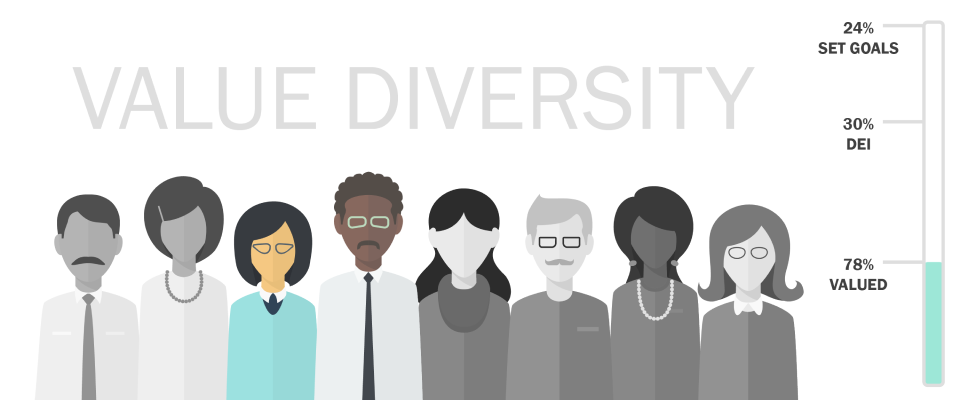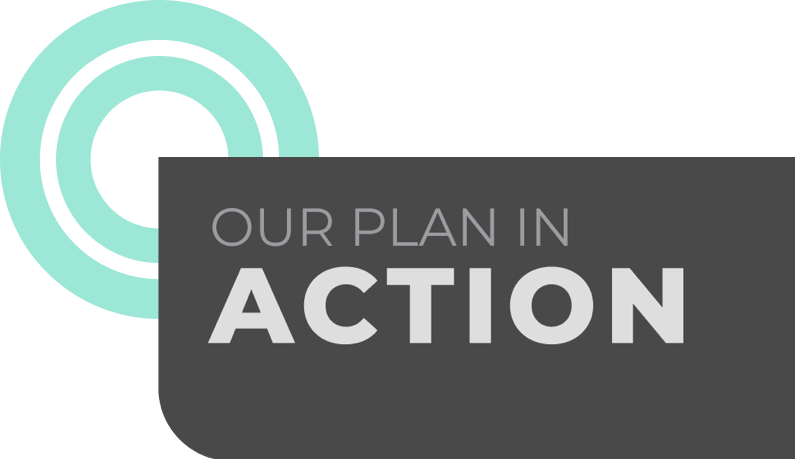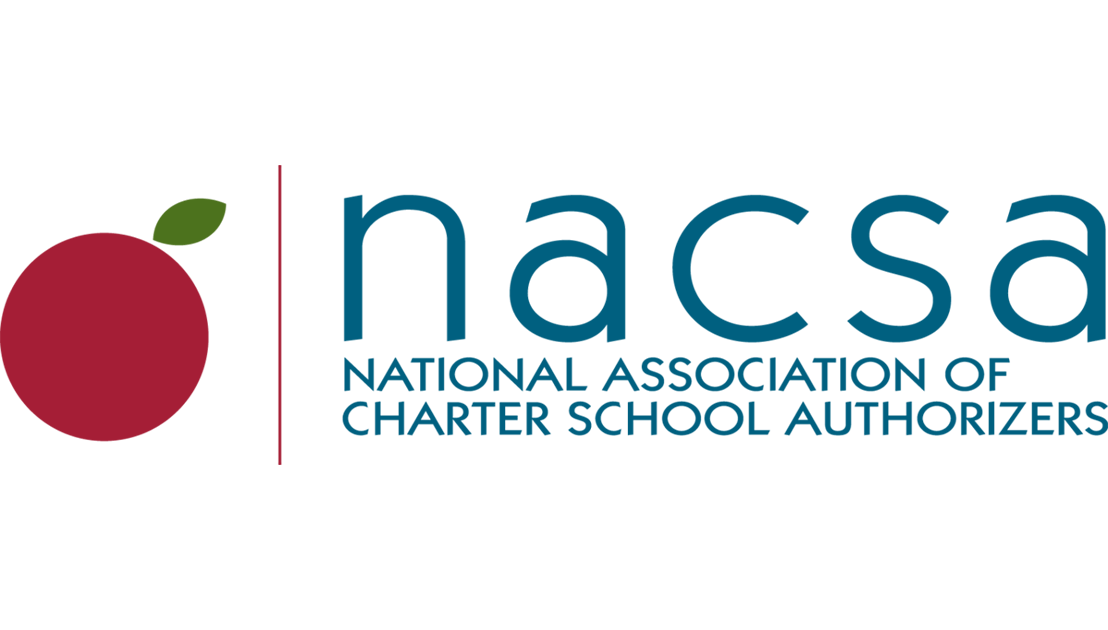centering communities
evolving excellence
Diversifying the profession
Broadening Commitments Across Education
Diversifying
The Profession
Resource Library
decision making and Outcomes are Stronger When Diverse People Work Effectively Together.
Charter schooling serves a diverse student population (68% of charter school students are students of color, according to the National Alliance for Public Charter Schools). Unfortunately, most educational organizations, including authorizing with 38% of its leaders being people of color, are not as diverse, equitable, and inclusive as necessary to meet the needs of this diverse student population.


While 78% of authorizing staff said their organizations valued diversity, only 30% said their organizations prioritized DEI (diversity, equity, and inclusion). Only 24% said their organizations set DEI goals and measured progress toward those goals.
Source: NACSA survey administered by Bellwether Education Partners
A more diverse, thriving profession results in better and more sustained decision-making about educational opportunities for all students, as the profession more closely reflects the students and communities it engages.

Here are some of the things we’ve done to better listen to act with communities to diversify the profession of authorizing:

Closing the DEI Gap – A toolkit for authorizers committed to improving their work cultures and making authorizing a more diverse, equitable, and inclusive field.

A Seat At the Table – Companion webinar series to Closing the DEI Gap.
The Purpose: Discussing the DEI Gap and Why it Matters in Authorizing
Setting the Table: Creating the Conditions for DEI to be an Institutional Value
Hostess with The Mostest: Becoming an Advocate for DEI in Your Institution and Breaking Down Equity Isolation
How Many Seats Do We Need? Capturing and Using DEI Data to Identify Gaps
Guess Who’s Coming to Dinner? Building Purposeful and Diverse Pipelines
Declined Invitations: Uncovering and Addressing Bias in Hiring
More Than Just a Seat at the Table: Creating Pathways for Advancement
